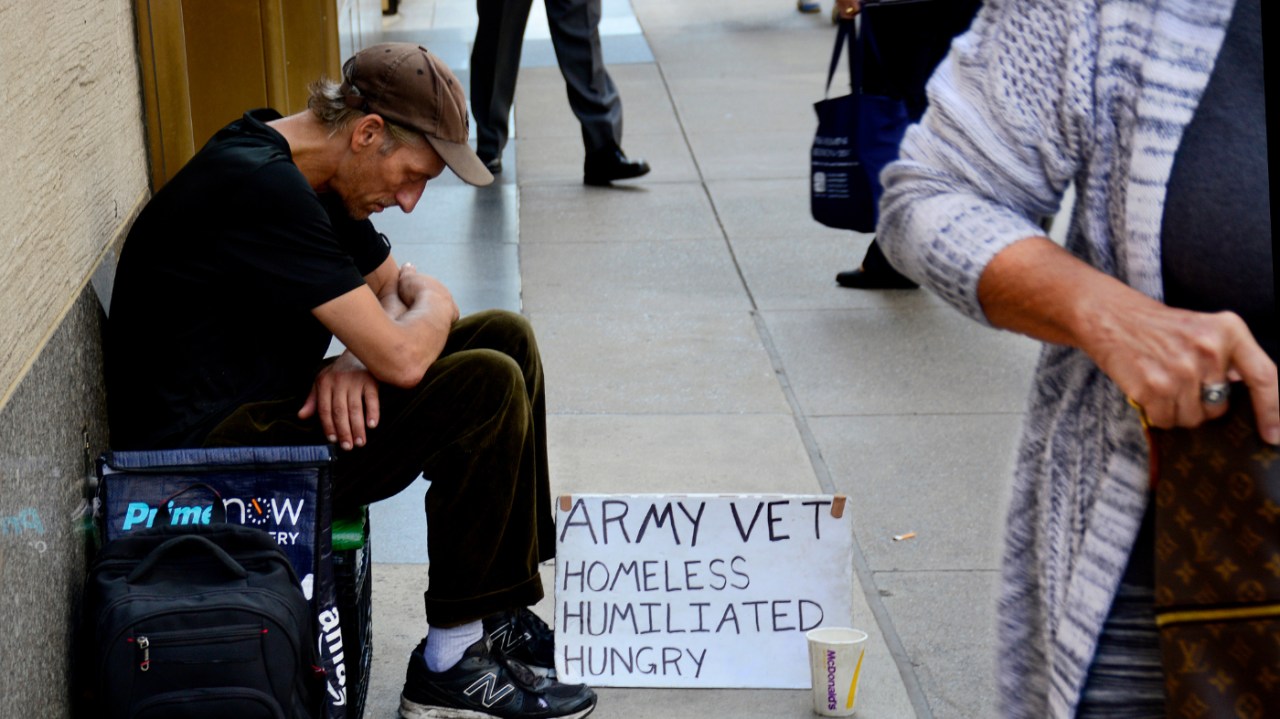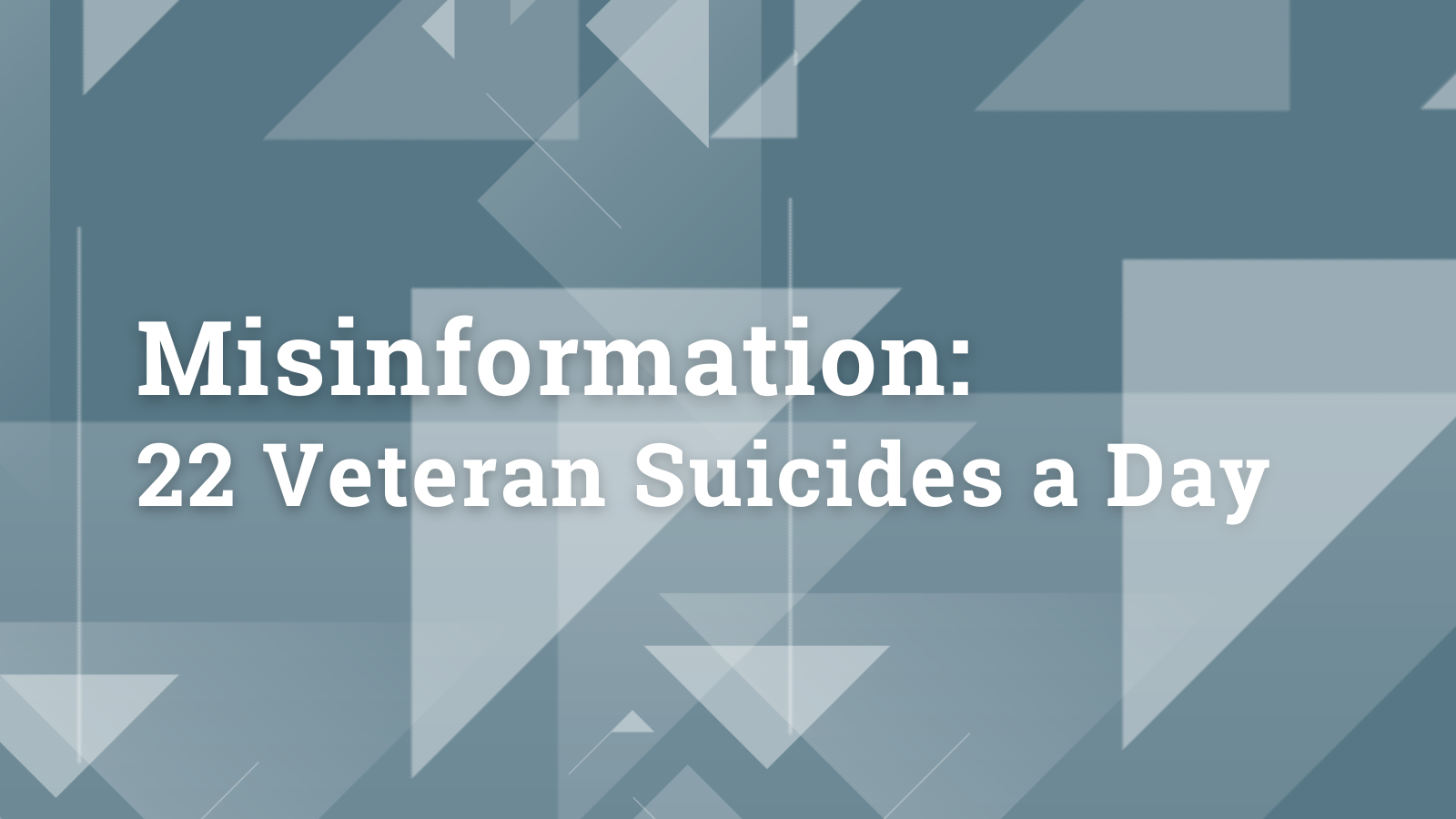1. UBI for veterans is not UBI because it is not universal. It is just and entitlement, like welfare. Which so many veterans hate (while living off VA service connection). I think it will never fly politically for that reason. No one can argue with helping an injured veteran, but welfare for veterans?
2. Something like that would just lead to a bunch of folks that join the military and drop something heavy on their foot.
Things are about to get a
lot worse. I think they're finally getting ready to revise the service-connection 'ladder' for MH conditions (0, 10, 30, 50, 70, 100%) in ways that represent an improvement in validity but are going to lead to
way more veterans legitimately qualifying for 100%.
This will lead to the vast majority of veterans making appointments with MH clinics to get 're-evaluated' in order to up their percentages to 100%. If you examine the
actual current criteria for 100% s/c disability for a mental health condition (including PTSD), only the most hard-core psychotic and/or demented/delirious patients would actually meet 100% criteria if they were properly applied.
The revision involves a 100% designation that is a
lot more rational/valid for, say, PTSD but is something that a
lot of veterans would qualify for (even if they currently would qualify for 50-70%). Along with the toxic exposure/ PACT Act push recently, we're about to be
deluged with new cases in the PTSD (and general mental health) clinics over the next couple of years. I'm already backed up about 3 months at this point. I guess we'll start paying out the nose by sending everyone to the community for care soon.
I've already seen YouTube videos of 'professional' disabled veterans announcing how important it is for veterans to do the above once the criteria are updated.
And there was a recent congressional hearing (one of the Veteran's commitees) where they were touting a bill that will allow veterans to collect military retirement + service connection benefits (added together). To date, I think they could do one or the other (laws prevented 'double-dipping'). But if this bill is passed, they could get (a) full military retirement + (b) 100% service connection benefits + (c) income from working full-time job + (whatever else..caregiver support, aid and attendance, SSDI (some do)). I mean...I don't really
care but when some of the people from the younger generation have both spouses working and are barely able to make ends meet and they have friends who are veterans who are pulling in 200K+ (as a self-described '100% disabled veteran') from all those sources of income...interesting times ahead. My guess is that they will have over-reached at this point and the elephant in the room that has been invisible will suddenly be getting a lot of attention. Then comes the backlash and then all of the veterans who are legitimately disabled from PTSD will have a much harder time of it.



